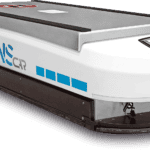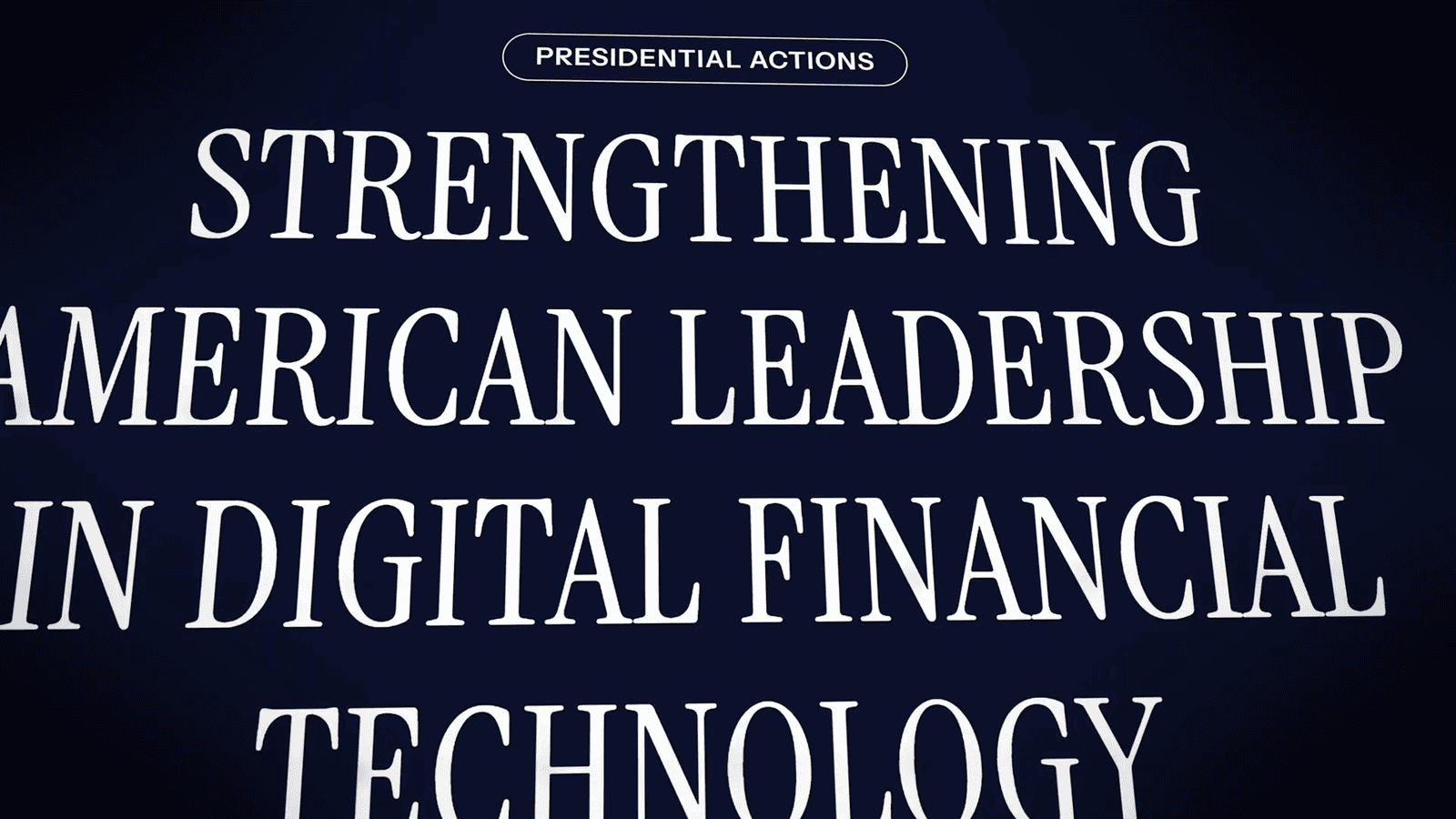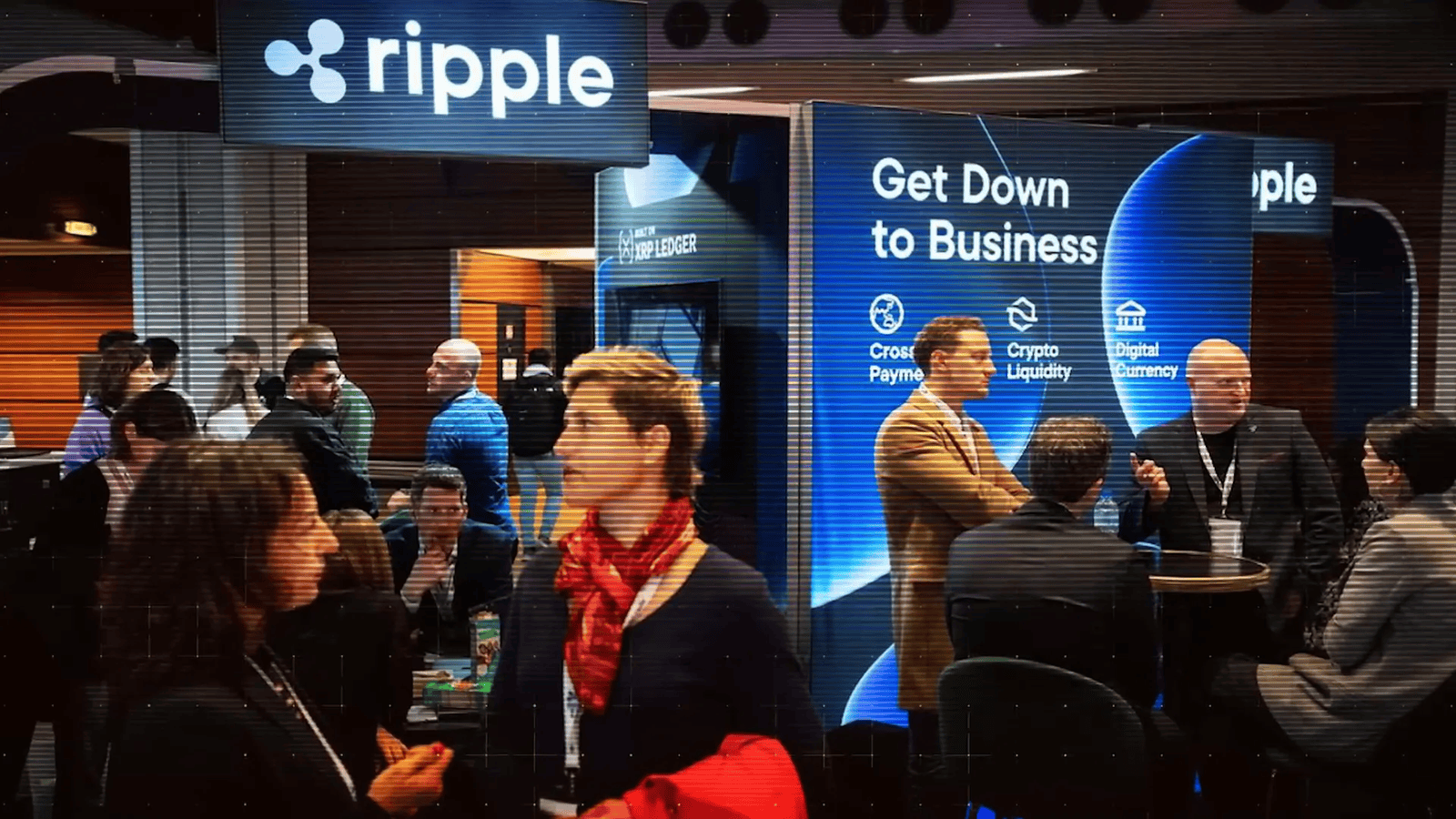Introduction to Tokenization and Real World Assets
The Capital Club is a prestigious venue known for fostering business innovation. This session focuses on the burgeoning field of tokenization within the MENA region. Our panelists bring a wealth of experience and insight from their ventures and investments in early-stage companies, especially within the GCC, MENA, and Southeast Asia markets.
One of our key participants is a venture capitalist based in the DIC, who is actively investing in emerging markets. They have formed an exclusive partnership with Alibaba to pursue Web3 investments in the MENA region, underscoring their commitment to exploring tokenization’s potential.
We are also joined by Berwyn Tanko, the founder and CEO of Ectechain and LeerOne Blockchain. His focus lies in fractionalizing real estate management rights and integrating real-world assets onto the blockchain. His expertise highlights how tokenization can transform asset management and ownership.
This introductory session sets the stage for exploring how tokenization is reshaping industries by enabling new forms of asset management and investment.
Understanding Tokenization: Legal and Technical Perspectives
Tokenization is a transformative concept in the field of blockchain and cryptocurrency, offering new ways to represent real-world assets digitally. In an interview with experts in the field, various perspectives on tokenization were discussed, including both legal and technical aspects.
Rodrigo Barakat, a partner at Heliums Ventures, introduces his experience in venture capital investment with a focus on emerging markets. He has been involved in the crypto and blockchain space for nearly a decade, providing advisory services to regulatory bodies and central banks. Barakat emphasizes the potential of tokenization to onboard significant asset value into new technological infrastructures.
From a legal standpoint, Peter Wilgoss of Ramon Law highlights the complexity of tokenizing real-world assets. He explains that while there may not be an official legal definition of tokenized assets, they are generally seen as digital representations of tangible or intangible assets. These representations are governed by existing laws but also include unique rights that may not encompass all aspects of the original asset.
Wilgoss further elaborates on how tokenized assets include both tangible items and intangible elements such as intellectual property. The process essentially involves creating a digital representation of certain rights related to an underlying asset on the blockchain.
The discussion also touches on various regulatory frameworks across different regions and how they impact tokenization projects. With experts like Filippo from HexTrustMina and Audi from Toko contributing insights, the conversation underscores the importance of regulation in ensuring safe and effective implementation.
Overall, the interview provides a comprehensive overview of what tokenization entails from both legal and technical perspectives, highlighting its potential to revolutionize asset management while stressing the importance of careful regulation.

Tokenization in Practice: Real World Applications
Tokenization is transforming various sectors by enabling digital representations of real-world assets. This section explores several key applications and benefits of tokenization, highlighting its impact and potential for growth.
Examples of Tokenized Assets
Tokenization has found applications across multiple asset categories. Among the most prominent are:
- Currencies: The US dollar is the most tokenized real-world asset, primarily through stablecoins like USDC by Circle and USDT by Tether. These stablecoins are backed by reserves such as short-dated T-bills and US Treasury repos, facilitating a digital equivalent of the dollar.
- Real Estate: Tokenizing real estate assets allows for fractional ownership, making it more accessible to a broader range of investors.
- Equities and Securities: These assets can also be tokenized, providing a more efficient way to manage ownership and transactions.
Stablecoins and Their Regulation
Stablecoins such as USDC offer several advantages over traditional financial systems:
- 24/7 Availability: Transactions can occur at any time, without restrictions imposed by traditional banking hours.
- Lower Costs: Compared to conventional methods like SWIFT payments, which can be expensive and time-consuming, stablecoin transactions are cheaper and faster.
- Geographical Freedom: Transactions can occur across borders without the complexities associated with currency exchange or international transfers.
Insights into the Tokenization of Real Estate and Other Assets
The potential for tokenizing real estate is vast. The global market for tokenized real estate is already significant, with projections suggesting continued growth. This trend is not limited to real estate; government bonds, luxury goods, and other high-value assets also benefit from tokenization through fractional ownership.
Conclusion
Tokenization presents numerous opportunities for innovation in financial systems. It offers increased accessibility, efficiency, and potential new asset classes. As regulations evolve to accommodate this technology, the market potential continues to expand exponentially.
Challenges and Opportunities in Tokenization
Tokenization presents both significant challenges and exciting opportunities in the evolving digital landscape. This section explores these aspects through insights from industry startups and leaders.
Regulatory Challenges in Tokenization
Navigating the regulatory landscape is one of the foremost challenges in tokenization. With varying laws across different regions, startups must ensure compliance with local regulations, which can be a complex and resource-intensive process. The lack of a unified global regulatory framework often leads to confusion and hesitance among investors, delaying the adoption of tokenized assets.
Opportunities for Startups in the Tokenization Space
For startups, tokenization opens up a world of opportunities. The ability to fractionalize assets like real estate makes previously illiquid investments accessible to a broader audience. As illustrated by Ekta, a company focused on real estate tokenization, this innovation allows individuals to invest with minimal amounts, thus democratizing access to the property market. This process not only accelerates transactions but also broadens global participation.
Insights from Industry Leaders on Overcoming Challenges
Industry leaders emphasize the potential of tokenized assets to transform traditional markets by enhancing liquidity and transparency. The development of data-rich tokens that encapsulate all necessary information can address issues like asymmetric information and lengthy due diligence processes. By embedding data directly into tokens, companies can streamline transactions and reduce costs associated with legal reviews.
Moreover, establishing clear regulatory frameworks is crucial for fostering innovation and growth in this sector. For instance, Dubai’s introduction of comprehensive regulations for virtual assets has positioned it as an attractive hub for blockchain ventures, offering a clear path forward amid global regulatory uncertainties.

The Role of Regulation in Tokenization
In the realm of tokenization, regulation plays a pivotal role, acting as the bridge between traditional finance and the emerging digital asset landscape. Custodians function as gatekeepers, offering services such as converting fiat currency to digital assets and ensuring regulatory compliance, including Anti-Money Laundering (AML) and Know Your Customer (KYC) protocols. The compliance landscape is heavily influenced by the Financial Action Task Force (FATF) guidelines, which include the travel rule requiring Virtual Asset Service Providers (VASPs) to share client information during transactions.
The travel rule introduces complexities related to data protection and privacy. Custodians must manage numerous transactions daily, exchanging sensitive information with both regulated and non-regulated entities. This raises significant challenges in maintaining data privacy while ensuring regulatory compliance.
Additionally, the Common Reporting Standard (CRS) by the OECD is being adapted for virtual assets under a new regulation called CARF. This requires custodians to report financial information annually, enhancing transparency from a tax perspective.
The regulatory environment varies globally. In the U.S., for example, regulations around virtual assets are sparse, presenting challenges for companies striving to maintain compliance. In contrast, regions with clear guidelines like Vara offer a more structured environment conducive to business growth.
As tokenization evolves, legal challenges also emerge. For instance, fractional ownership of properties through tokenization raises questions about maintaining accurate ownership records in property registries like Dubai’s Lands Department. Legal innovations are exploring solutions such as tokenizing company shares that own properties, providing a steady ownership record while facilitating market transactions.

Smart Contracts and Their Impact on Tokenization
Smart contracts are transforming the landscape of tokenization by providing a digital framework for the representation and trade of assets. Here’s a breakdown of their impact:
- Explanation of Smart Contracts: Smart contracts are essentially digital wrappers for digital rights, encompassing a variety of assets like property titles, songs, or digital images. While they might give the impression of being legal contracts, they are fundamentally code designed to automate and enforce the terms of agreements.
- Facilitating Tokenization: By integrating smart contracts, tokenization becomes more efficient and secure. They allow for the fractional ownership of assets and enable rapid global transactions. For instance, they can ensure that a token representing a square meter in real estate can be traded seamlessly until the property is fully developed.
- Applications in Tokenization: Smart contracts have numerous applications in tokenization. They can enforce rules such as preventing tokens from being transferred to unauthorized parties by leveraging white lists with AML/KYC checks. This is crucial in sectors like real estate or funds where security and compliance are paramount.
- Challenges: Despite their potential, smart contracts face challenges such as needing reliable external data feeds to function correctly. They also must navigate existing legal frameworks which often rely on outdated systems.
- Regulatory Dialogue and Integration: The integration of smart contracts with traditional finance systems is ongoing, with regulators beginning to recognize their potential in increasing transparency and efficiency. By using public blockchains, they ensure compliance and offer real-time transparency.
Smart contracts are poised to disrupt traditional finance by automating processes like dividend distribution or voting among token holders, leading to significant disintermediation in finance operations.

Tokenization and Real Estate: A New Frontier
Tokenization is poised to revolutionize the real estate sector by enabling fractional ownership and broadening investment accessibility. By transforming real estate assets into digital tokens, investors can buy smaller shares, making property investment more affordable and inclusive. Here, we explore how tokenization is shaping the real estate landscape and highlight notable projects that are paving the way.
The Potential of Tokenization in Real Estate
Tokenization allows for fractional ownership of properties, reducing the financial barrier for retail investors. This innovation attracts crypto-curious individuals or those interested in transitioning from traditional to digital investments without facing the volatility of stock markets or cryptocurrencies. Fractional NFTs can be purchased for as low as $100, tapping into a global market with diverse property portfolios.
Case Studies of Tokenized Real Estate Projects
One pioneering example is the St. Regis Aspen project in Colorado. This chalet resort was among the first real estate projects to be tokenized, with about 20% of its value represented in token form. Initially involving thirteen investors, this portion has expanded to over 750 through secondary market sales on platforms like Temple and Exchange. The digital asset consistently trades at a premium compared to traditional investment formats.
Benefits and Challenges of Real Estate Tokenization
Tokenized real estate offers significant advantages such as enhanced market liquidity and reduced transaction costs due to eliminated traditional due diligence fees. This approach also facilitates global investment diversification without geographical limitations. However, challenges remain in terms of regulatory frameworks and ensuring liquidity premiums are consistently realized.
Future of Tokenization: Predictions and Insights
The future of tokenization, as discussed by industry experts, presents both promising opportunities and significant challenges. A central theme is the empowerment of individuals through direct investment opportunities, bypassing traditional financial intermediaries. This approach is seen as a way to include more people in the global economy, potentially improving their quality of life.
Tokenization offers an emotional connection to assets, allowing investors not just to own a share but to engage with the asset in more personal ways. This emotional engagement extends to virtual environments, where digital assets can be transferred across different platforms, enhancing their value and utility.
The panel recognized the potential for tokenization in various sectors beyond real estate, such as music and fashion. By bundling different rights and assets into NFTs, investors can experience a richer engagement with their investments.
However, the path forward is not without obstacles. Regulatory compliance emerges as a critical issue for startups entering the tokenization space. Navigating global regulations requires partnerships with regulated entities to overcome significant entry barriers.
Transparency is highlighted as a key factor for success in this evolving landscape. Providing clear information about regulatory compliance can build trust among investors and stakeholders.
The panel also predicts that tokenized real-world assets will be subject to increasing regulation similar to traditional financial instruments. This regulation aims to protect investors while fostering innovation.
In summary, while tokenization offers exciting new opportunities for investment and engagement with assets, it also requires careful navigation of regulatory landscapes and a commitment to transparency.










